The legacy of artist Y Moan
- What is it about Ede culture that defines you and your music , and how do you explore that identity in modern life?
The Ede blood has always flowed in me, that is an immutable thing. Since I was a child, I have followed my father and brothers to watch performances and festivals from simple to modern on stage and in the life of the Ede people. That has inspired me to create products that depict the daily life and activities of the Ede people in the context of modern music.
- As a son of the Central Highlands, what is your most memorable childhood memory of the red basalt land and how does that memory influence you today?
When I was young, I watched performances and rehearsals of the folk dance troupe where my father worked. The musical blood flowed in me like a natural breath and heartbeat. When I grew up, the environment of the Military University of Culture and Arts gave me many memories, but I always yearned for my homeland - wishing for the Central Highlands to develop and for the children of the ethnic minorities to preserve the musical identity of the Central Highlands.
My childhood was associated with performances with my friends at the youth cultural house, cultural center, and dance troupe. Although the programs were small, they left a special mark in my memory.
 |  |
- What pressures have you faced when your name is associated with the legend Y Moan?
This is not negative pressure but a challenge for me to find my place in Vietnamese music, especially Central Highlands music.
The legacy my father left behind is a name that people will remember forever, and that the family will always be proud of. My father always supported me to do new things, to apply my knowledge to Central Highlands music, to create special and breakthrough products - old but new, new but old.
My father hopes that my two brothers will have a good education and develop. His voice and breath, the breath of the great forest, are the foundation for me to continue on the path of music.
- Can you tell me a memorable story with your father?
Those were the everyday moments when my father personally cooked ethnic dishes, which could be spicy or bitter, but I could never forget. My father was the number one chef in the family.
When I recorded the songs Bare Feet and The Child of the Forest after my father passed away, I couldn’t sing because the images and lyrics were like the words my father had told me when he was alive. Those images kept appearing in my memory. The same was true for the song Chapi’s Dream . I choked up after just singing the opening verse and couldn’t continue.
Hopefully this year, my brother Y Vol and I will be able to hold a tribute program in Buon Ma Thuot on the 15th anniversary of our father's death. In 2020, we had plans with musician Hoai Sa, Duc Tri and many other artists but had to cancel due to the Covid pandemic.
 |  |
Aspiration to make Central Highlands music burn
- Choosing the Central Highlands rock music genre, how do you think this genre can bring traditional music closer to young people?
Central Highlands music evokes fiery, vibrant melodies. Central Highlands Rock uses scales from the ethnic groups and tribes of the 5 Central Highlands provinces with a bustling and joyful rhythm - sounds used in festivals, celebrating a bountiful harvest or welcoming new things.
- As a lecturer, how do you convey the spirit of the Central Highlands to your students?
I always want my students to be healthy, practice, and make efforts to maintain their form on stage and in practice.
In the near future, I will release a work with the band and my brother Y Vol on the topic of Dam San - a famous epic. I want to bring to the audience the image of the young man Dam San searching for the sun goddess in an easy-to-understand way.
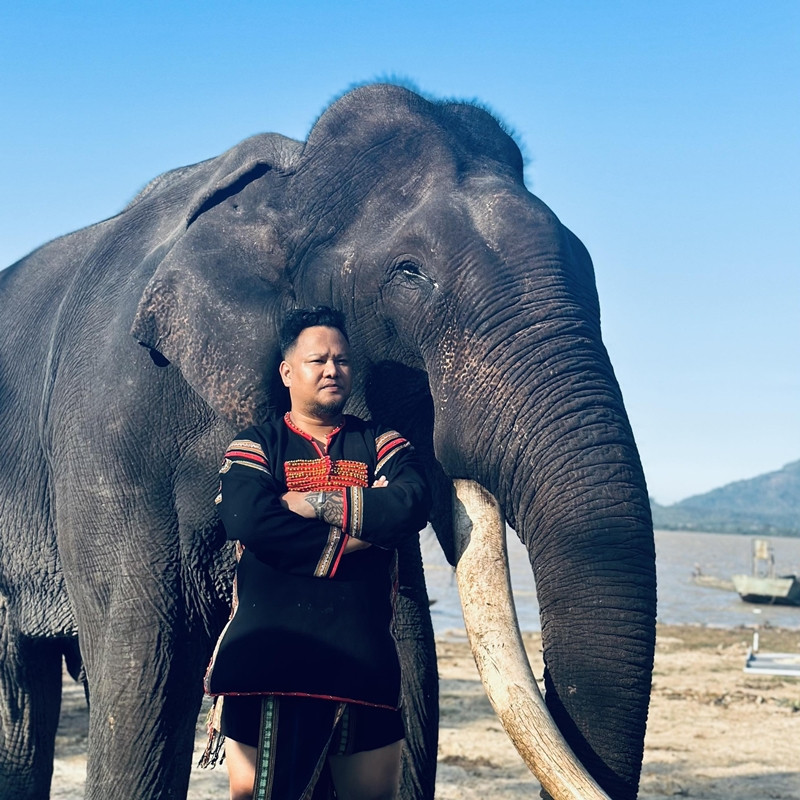 | 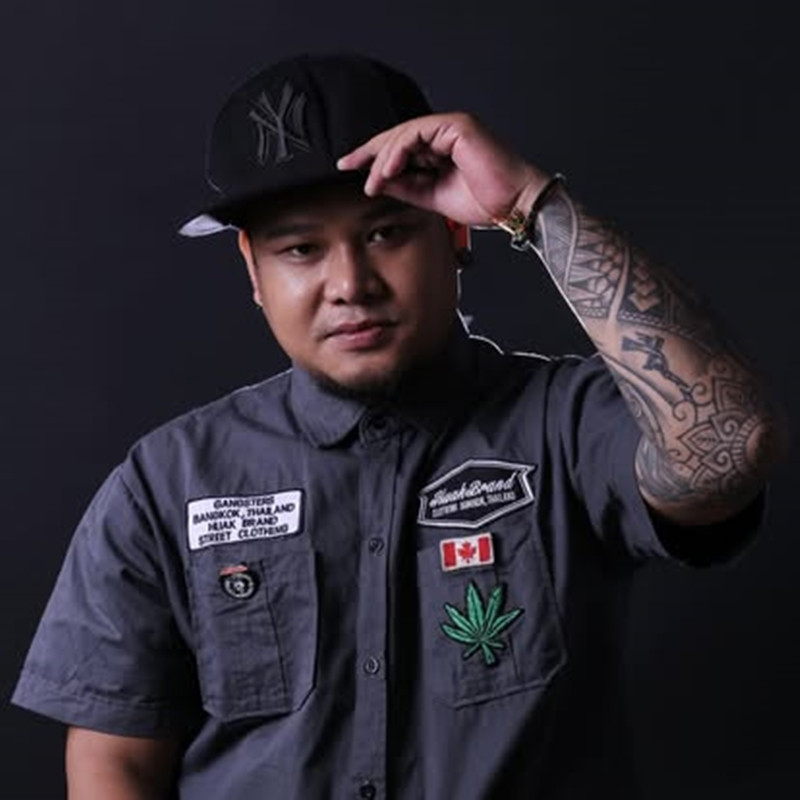 |
- If you could choose the most important value in life that you want to pass on to the next generation, what would it be?
I want to create works that resonate forever - like a mark for people to remember. For my students and the children of my fellow countrymen, I want them to have a strong, innovative, positive and enthusiastic view of music. When it comes to Central Highlands music, it must be a burning sensation.
I don't see it as pressure but as pride and honor for my father. The next generation needs to nurture, preserve, and maintain the musical path and voice of my father Y Moan for many generations.
Y Garia performs "Coffee from Ban Me":
Y Garia was born on July 14, real name Y Garia Enuol, the second son of the late People's Artist Y Moan. Born in Dak Lak , he is a pioneer artist pursuing the Central Highlands Rock music genre, inheriting the musical legacy from his father. Y Garia graduated from the Military University of Culture and Arts and received a Master's degree from the Guangxi Academy of Arts, China. His debut album "Time" (2013) was popular. He is currently working at the Military University of Culture and Arts, branch 2.

As a singer who rose to fame when joining musician Tran Tien's Du Ca Dong Noi band, "Queen of the tea room" - singer Quynh Lan told about her beautiful early memories when she started her singing career.
Source: https://vietnamnet.vn/con-trai-nsnd-y-moan-tiet-lo-giay-phut-khong-bao-gio-quen-trong-doi-2396455.html












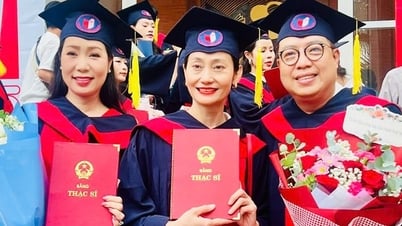


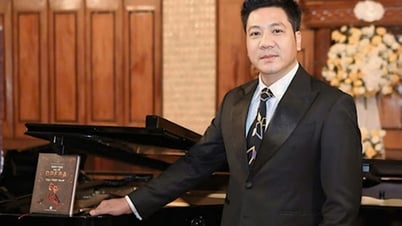








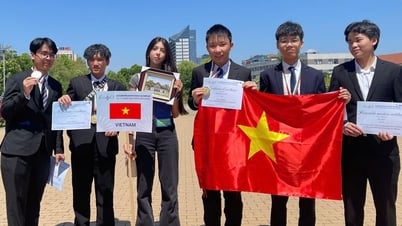






















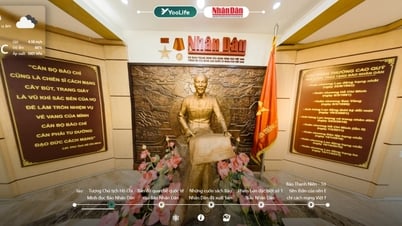







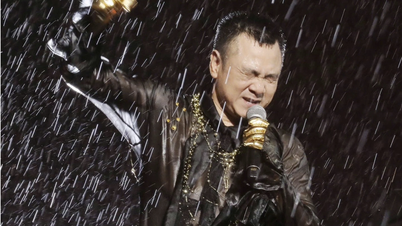
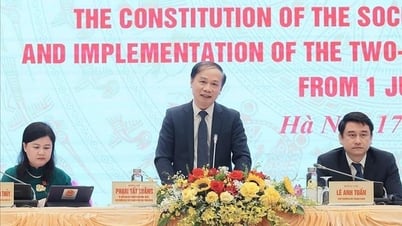









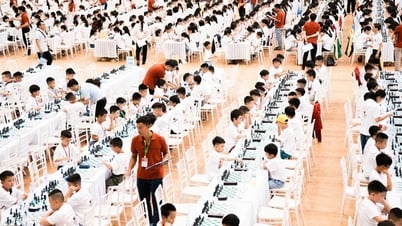
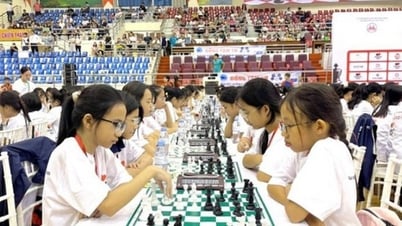

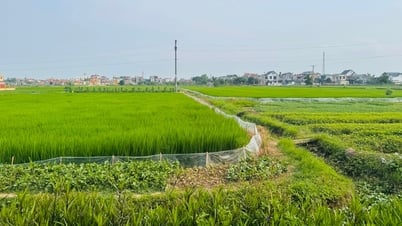







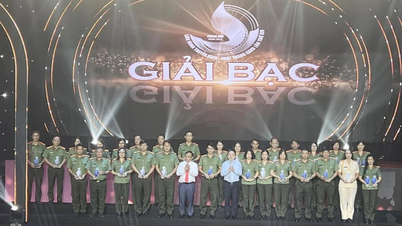

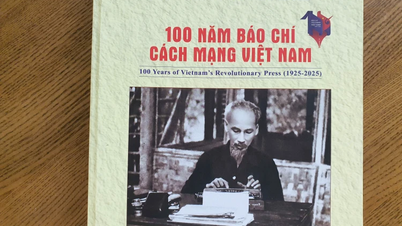













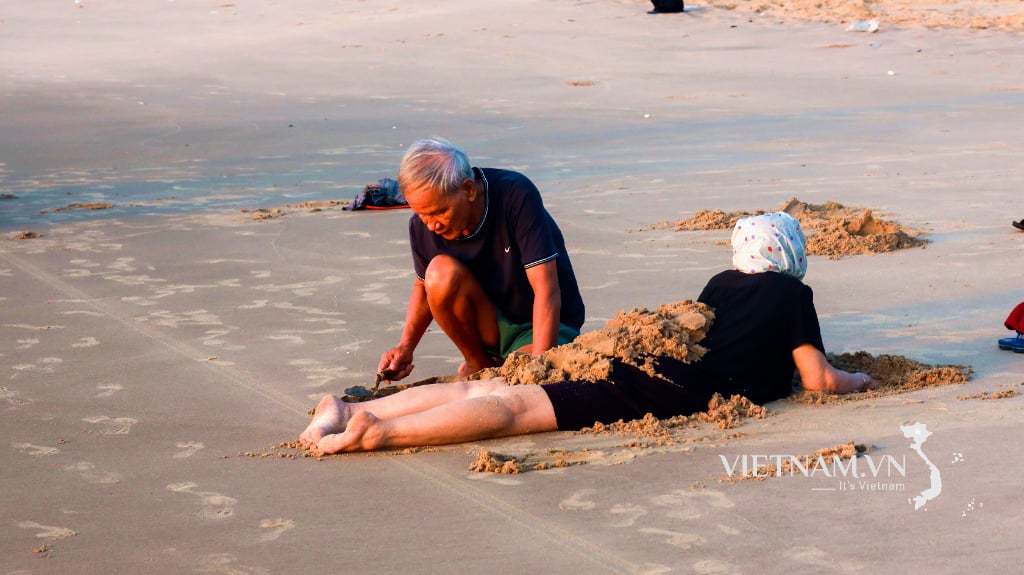
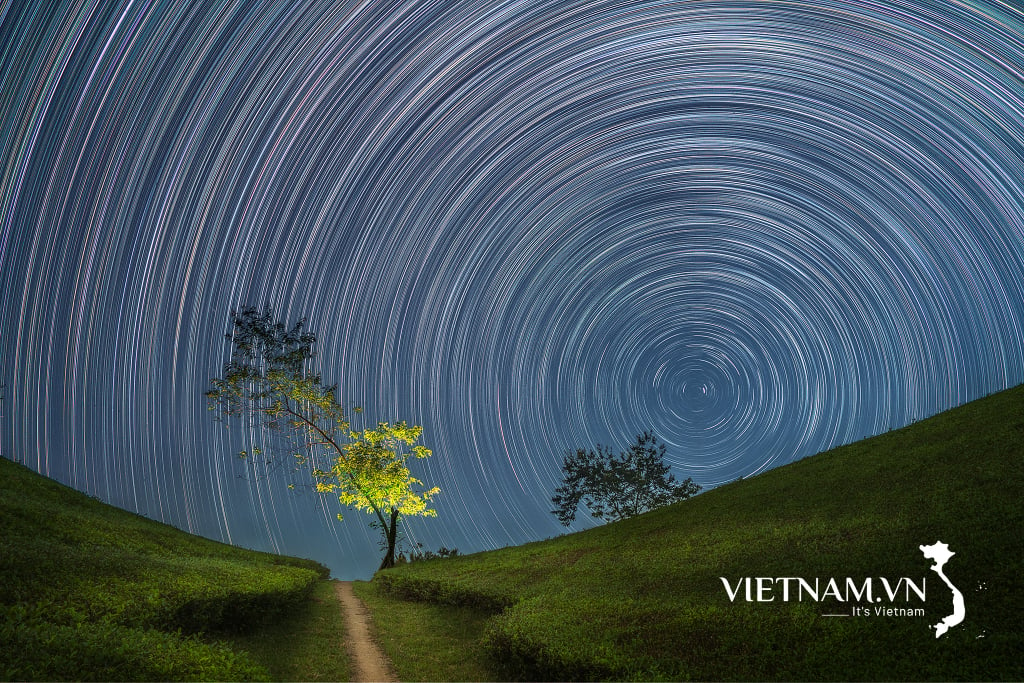
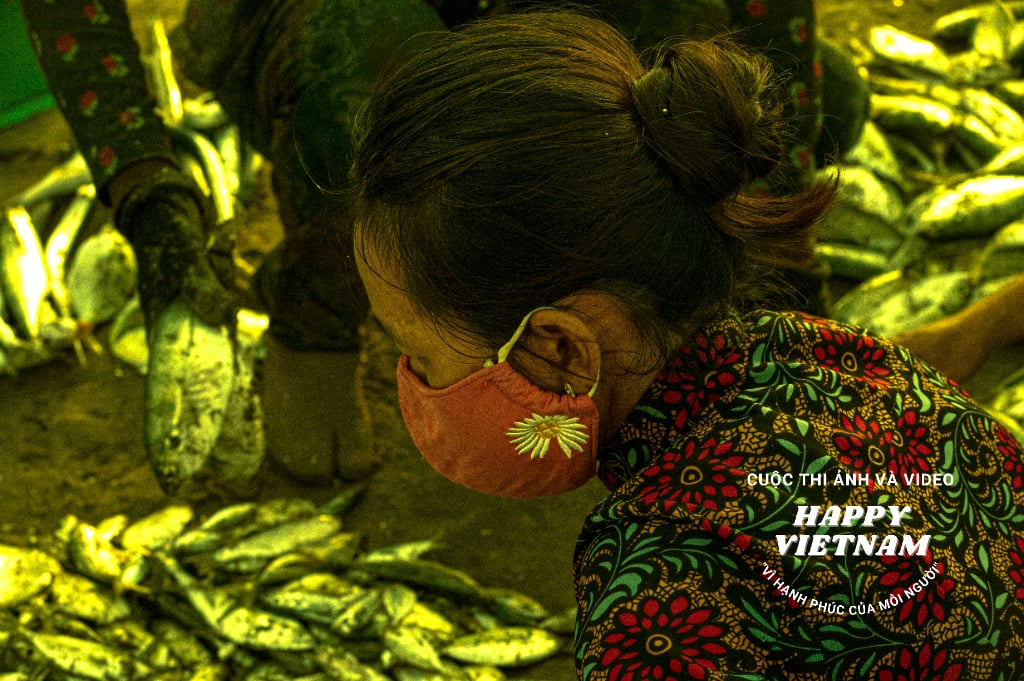

Comment (0)